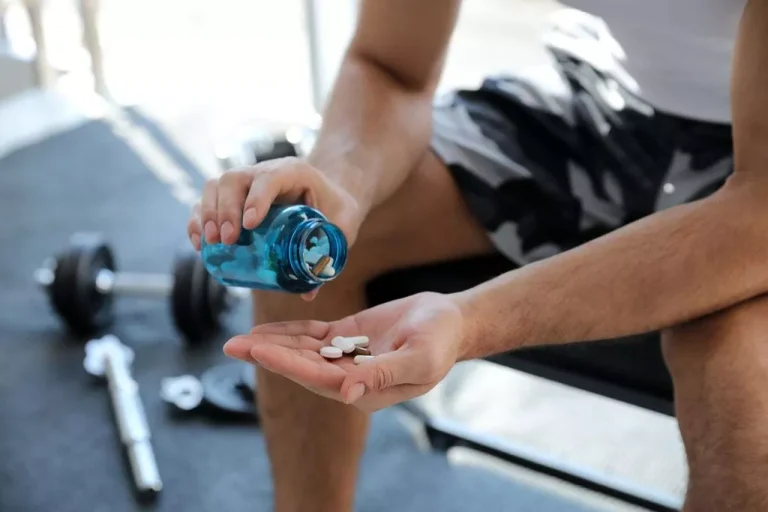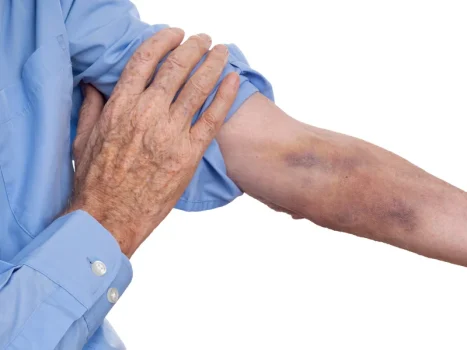
Take the assessment and get matched with a therapist in as little as 48 hours.
Levels of Care in Drug and Alcohol Treatment Programs

Its expert-reviewed information covers substance use and related topics in English and Spanish. However, if you suspect that your teen has been drinking, talk to him or her. If you think your teen might have a drinking problem, you can always contact your teen’s doctor or a counselor or other health care provider who specializes in alcohol problems.

Lead by example
The difference between substance abuse and addiction is very slight. Substance abuse means using an illegal substance or misusing a legal substance. Addiction begins as abuse, or using a substance like marijuana or cocaine. Teens who have progressed to the more advanced stages of alcoholism are typically treated intensively, using a combination of the medical, individual, and familial interventions already described. Having multiple little talks with your teens about substance use can be more effective than one “big talk.” These talks can be short and informal.
Be Aware of the Warning Signs

Not to mention that alcohol use is inherently riskier in a legal capacity since teens are underage. It’s critical that if teens choose to use, they learn how to do it smartly. Overall, the prognosis for alcoholism can be positive with early intervention, effective treatment, and ongoing support. It is important for individuals with alcoholism to seek help and work with healthcare professionals and loved ones to develop a personalized treatment plan that meets their unique needs and goals. Mental-health professionals should not minimize the approach to those who have experimented with alcohol, since infrequent use can progress to the more serious stages of alcohol use if not addressed. As teenagers push the boundaries they may think about experimenting with alcohol to feel more grown up.
When you came home today, your eyes were bloodshot, and Joe’s mom said you weren’t there last night and you told me you were. ” Give your child a chance to give his side of the story. There are numerous individual treatments for alcoholism in teens. If teenage alcoholism you’re not sure how to get the conversation started, these tips from the Substance Abuse and Mental Health Services Administration (SAMHSA) may help. No matter what, be open-minded, well-informed, supportive, and an active and compassionate listener.
What are the symptoms of alcohol intoxication and alcohol abuse?
- When alcohol does become an issue, and at some point it likely will, make sure they have the tools to make the right decisions.
- Falling grades, cutting ties with old friends, or losing interest in a favorite sport could all be warning signs your teen is struggling with alcohol.
- Sometimes it is hard to know how much space to give and how much involvement to have.
If you don’t want your teens to drink alcohol, you shouldn’t allow them to drink at home under your supervision or for special occasions. Teenage drinking is either allowed in your family or it’s not. Some parents choose to host teen drinking parties, thinking that they’ll be able to control what’s going on under their own roof and avoid circumstances of drunk driving.
Teenage Alcohol Use: Signs, Symptoms and Treatment
- But don’t make hollow threats or set rules that you cannot enforce.
- Recognizing AUD in teenagers isn’t always easy, but it can be the first step in offering them the support they need.
- Just be aware that most people underestimate how much alcohol they have consumed, especially in home-poured drinks.
There are support groups specifically for teens and younger people. You’ll meet people who have gone through the same experiences, and you can have real-life discussions about drugs that you won’t hear in your school’s health class. Without treatment, youth who drink excessively as teenagers are more likely to become problem drinkers than adults. The amount of alcohol that teens use can vary widely depending on a number of factors, including their age, gender, social environment, and personal experiences with alcohol. However, research has shown that underage drinking is a significant public health concern in many countries around the world and that many teens report drinking alcohol at least occasionally.

Tell Your Therapist You’re Mad at Them
When a teen is showing poor judgment and/or got themselves into unsafe situations, it may be imperative that the use slows down or stops until they learn how to make better choices. This is particularly important with teens, who are at a higher risk for making missteps and getting themselves stuck in sticky situations. There are all sorts of scenarios where even a little drug or alcohol use can go awry and teens can make some bad choices involving driving under the influence and sex under the influence.
- By getting to know their friends, you can help to identify and discourage negative influences.
- In these difficult times of the global pandemic, economic uncertainty, and high unemployment, many people are drinking more than they used to in an attempt to relieve stress.
- Explain to your teen that this lack of privacy is a consequence of having been caught using alcohol.
- For young people headed to college, NIAAA has useful guides for parents and students to make the transition easier and to help them avoid underage and other unhealthy drinking.
- For youth in the first stage of alcohol use (having access but not having yet used alcohol), preventive measures are used.
- Once you’re able to peacefully discuss a common interest, it may be easier to get your teen talking about the more sensitive issue of alcohol use.
Please note, adolescents have many different issues that need to be addressed in different ways, and treatments for adolescents are often different than for adults. For example, there are no alcohol treatment medications that have been approved for adolescents to use. Because the adolescent years are a time of development, teens’ bodies are less able to process alcohol. That means they have a tendency to get drunk quicker and stay drunk longer than older drinkers. Trying to talk to a teen about drinking when they’re watching their favorite show, texting with their friends, or in the midst of a heated argument with you about something else isn’t going to be productive. Choose a time when your teen hasn’t been drinking and you’re both calm and focused—and turn off your phone to avoid distractions.

